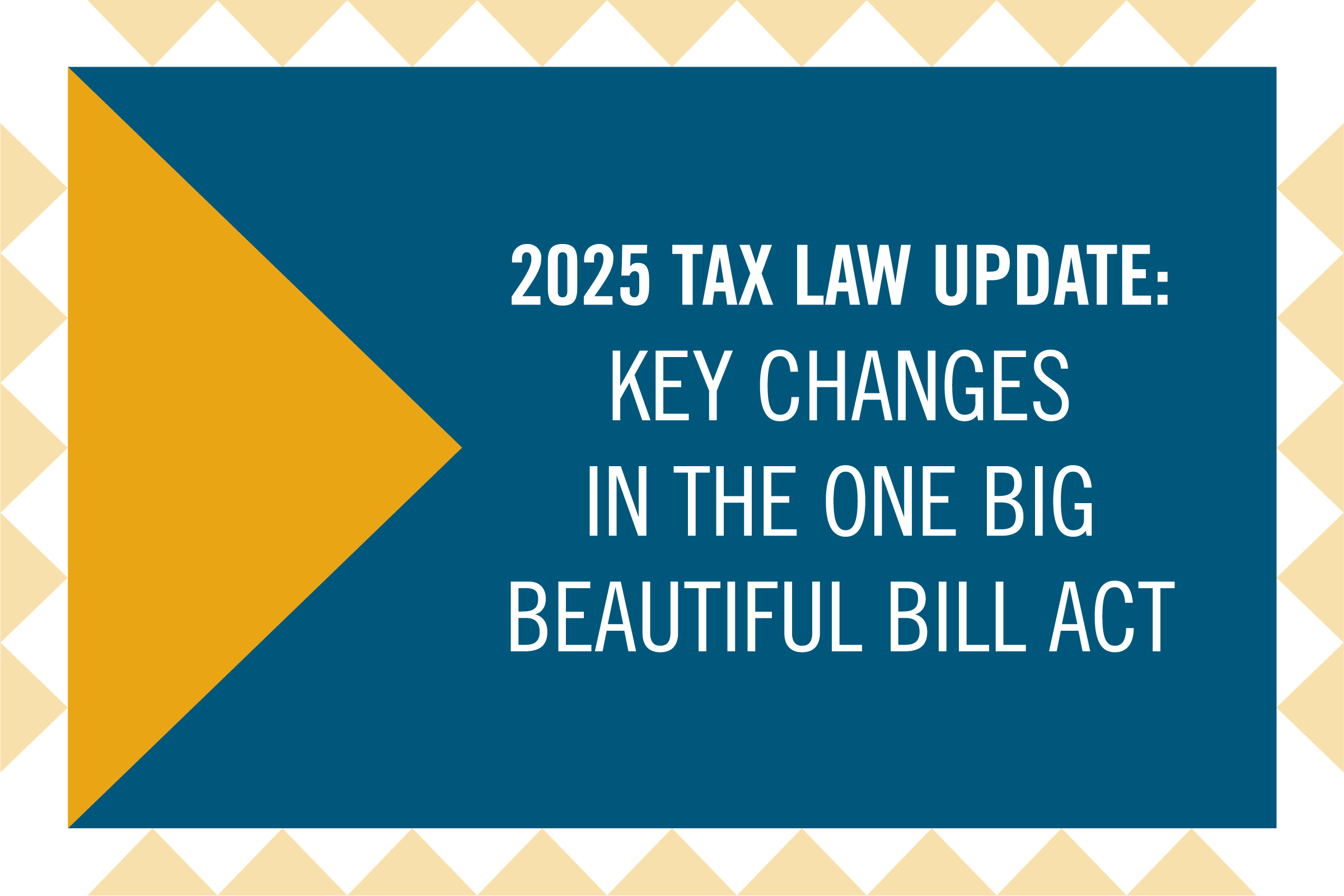Federal Court Strikes Down New DOL Overtime Rule
- Contributor
- Kris Hoffman
Dec 9, 2024
A recent ruling by a Texas federal judge has blocked a U.S. Department of Labor (DOL) rule intended to expand overtime eligibility for millions of workers. The rule, which took effect in July 2024, aimed to raise the salary threshold for overtime pay eligibility. This decision halts the expansion before the second and largest phase was set to roll out on January 1, 2025, and could indicate significant shifts in employment law.
Background on FLSA Overtime Exemptions
The blocked rule aimed to expand overtime eligibility to an additional four million workers, ensuring they would receive premium pay for overtime hours worked. While supporters believed this change would increase employees’ earnings, opponents expressed concerns about rising personnel costs.
The DOL had finalized this rule to increase the salary thresholds for overtime eligibility for certain professional employees. Specifically, the rule outlined the following changes:
- Effective July 1, 2024, the salary threshold rose to $43,888 annually ($844 per week), up from the previous threshold of $35,568 annually ($683 per week).
- On January 1, 2025, the threshold was scheduled to increase further to $58,656 per year ($1,128 per week).
- Starting July 1, 2027, these salary thresholds would update every three years based on current wage data to ensure they reflected modern earnings levels.
However, the federal court ruled that the DOL overstepped its authority with these increases, stating that the new salary thresholds effectively replaced the requirement to assess job duties, creating a “salary-only test.” This decision nullified the rule entirely, preventing these planned increases from taking effect.
What This Ruling Means for Businesses
With this ruling, businesses can continue to rely on the existing salary thresholds and job duty criteria when determining FLSA exemptions. The blocked rule, if implemented, would have required many employers to review and potentially reclassify employees, leading to increased labor costs, administrative burdens, and changes to payroll structures.
However, this decision may not be the final word. Employment laws and regulations frequently evolve, especially with changes in federal leadership and policy direction. Future challenges to the current standards or new proposals from the Department of Labor may arise, bringing potential shifts in overtime eligibility and compliance requirements.
Need Help with Compliance?
Staying informed and proactive in monitoring these developments is essential for businesses to remain compliant and prepared for any changes. If you’re unsure how this ruling may affect your operations or need assistance reviewing employee classifications, contact your CRI advisor today. Our team can guide you through the complexities of employment regulations and help you stay prepared for any and all potential changes.

















































































































































































































































































































































































































































































































